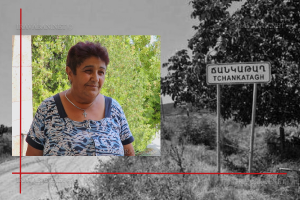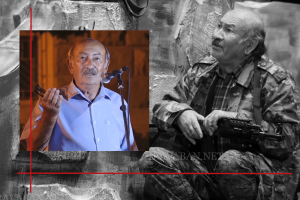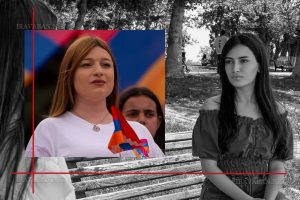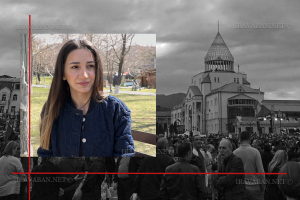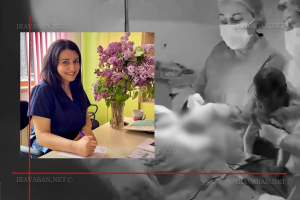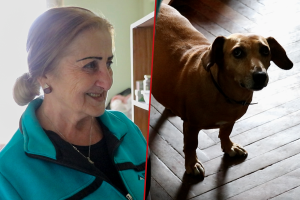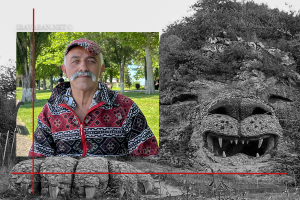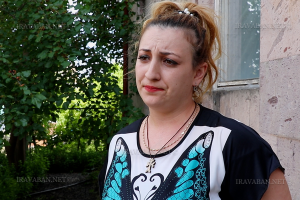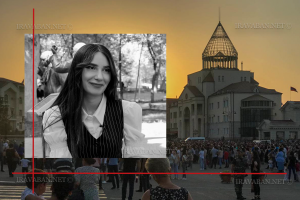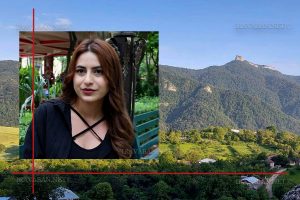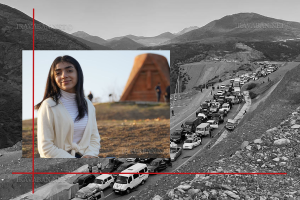Melania Aleksanyan was born and lived all her life in Sos village of Artsakh. She told in the framework of “Artsakh: Armenian Genocide 2023. Stories of Survivors” documentary project.
“We the teachers went to the house of a needy family to find out why their children do not attend school. When we got home from there, the most brutal thing – the war started.”
Melania saw how the Armenian positions were lost in dust and smoke, the position where her son was at that time was in the same condition. “I also saw my father’s house, lost in the smoke. When the bombardment stopped, I said, “Let’s go and see what has happened up with our people.” My daughter looked at me in fear and said, “Mom, don’t go because the bombardment has not stopped.”
She remembers how the “brother-in law’s son came to take food for his friends. “We saw him for the last time that day… He asked his mother, whom he did not kiss before, and did not allow her to kiss him either, to kiss him before leaving.”
Melania said that during the war, she cried out loud for the first time and asked God that nothing would happen to anyone.
“My daughter and I went to the hospital. Even though the explosions were already close to the city, we went to see our wounded, I asked about the list of wounded, then I didn’t know whether to go to the “morgue” or not.”
But she did not have the strength to go there and look for her son. Melania remembers the days of the blockade with nostalgia, they were at home. “When we were in the village, we did not feel the days of the siege, but when we went to Stepanakert, we understood that it was very cruel. There was a mother who cooked lean meals for her children, but she did not have a piece of bread to take to them.
She told that a day before leaving Artsakh, they visited Stepanakert, the “Brotherhood Cemetery”. “We brought my brother-in law’s son to bury there. I witnessed how the father took his son out of the grave again, he had buried him a few days ago, but he was taking him out again to take him with him. Our child, my brother-in law’s son, also had the same faith.
————————
Iravaban.net seeks help from citizens who will voluntarily agree to translate materials into different languages: Russian, English, French, Arabic, Persian, Turkish, Georgian, Chinese…
You can write to our e-mail address at: [email protected]
To donate for realization of the project: https://iravaban.net/en/become-a-supporter
Armenian Lawyers’ Association is the author of the idea “Artsakh: Armenian Genocide 2023. Stories of Survivors” documentary project of Iravaban.net and is the owner of copyright of the materials created within the framework of the project. In case of using the materials produced within the framework of the project, it is necessary to obtain the written permission of the Armenian Lawyers’ Association.
Details in the video.
Mariam Antonyan

